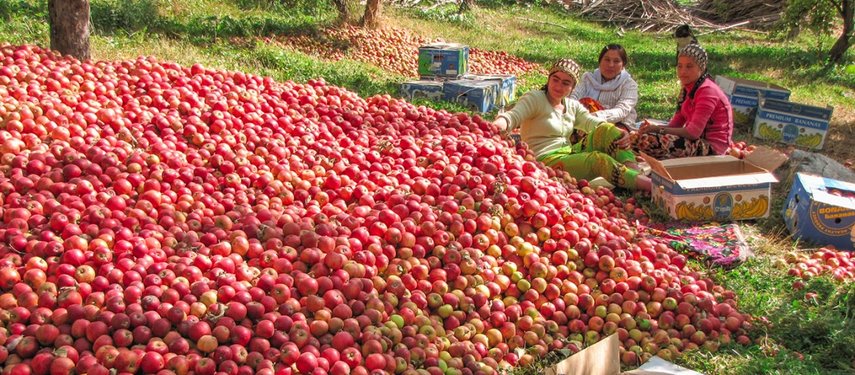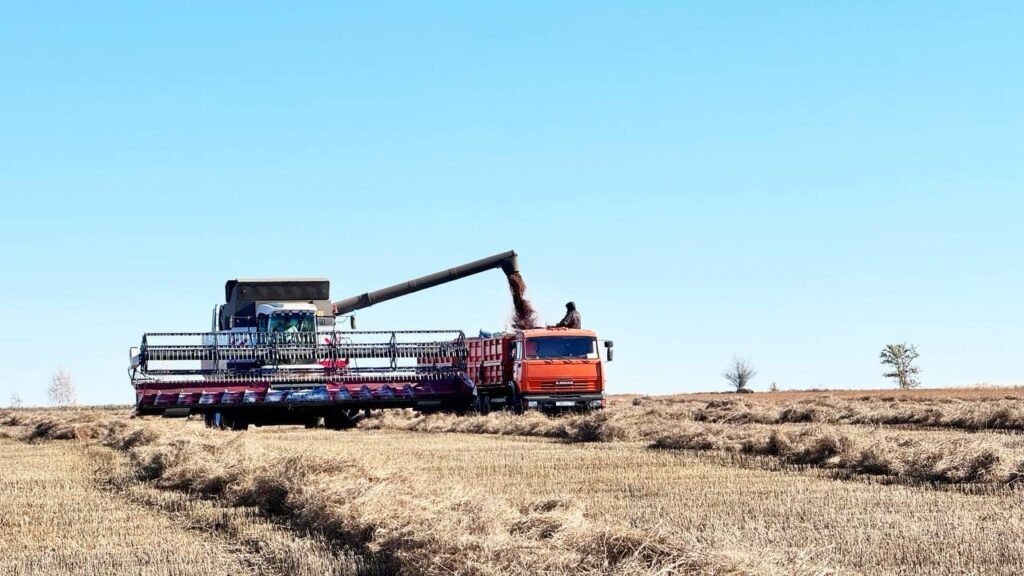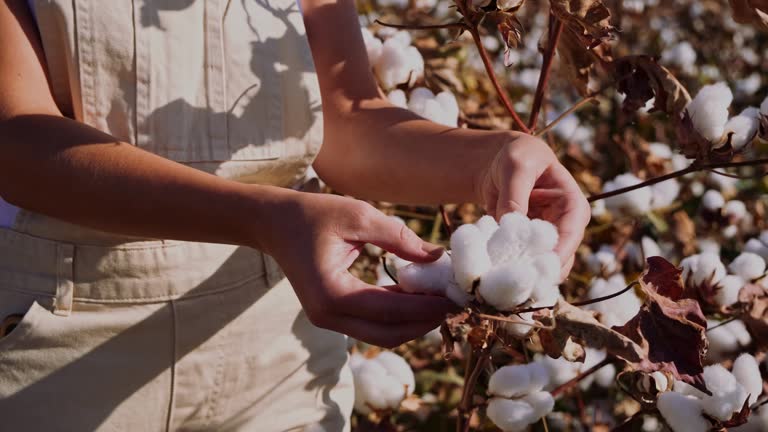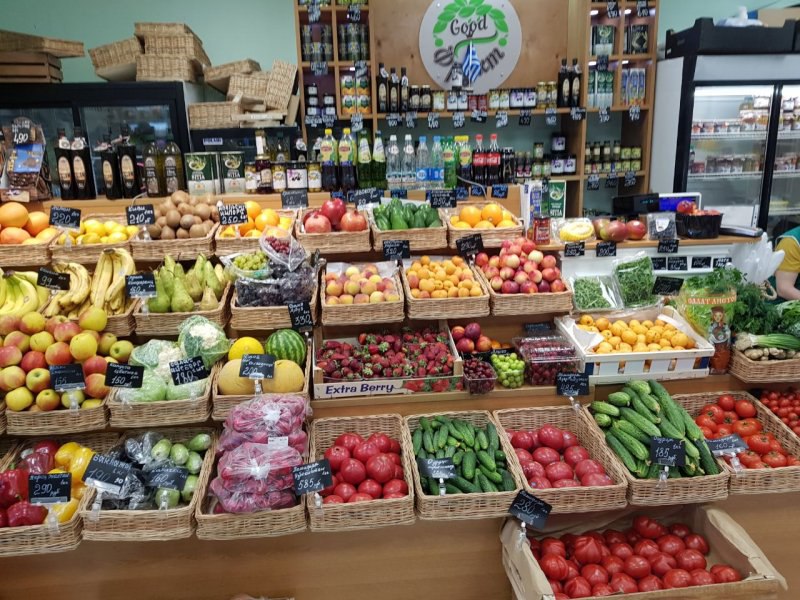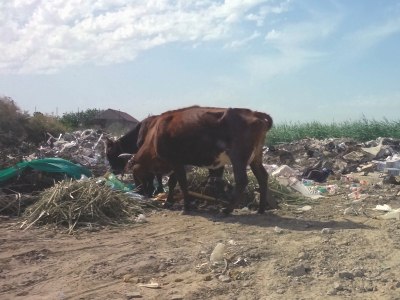Kazakhstan Bans Apple Imports to Support Domestic Producers
The government of Kazakhstan has temporarily banned the import of apples into the country by motor transport until the end of the year. The decision to introduce the ban was made and announced late in August, but the ban took effect on October 8. According to the Ministry of Agriculture, the ban will last during harvest to support domestic apple production. The move will allow domestic gardeners to sell apples at reasonable prices. During the off-season, apple imports will not be restricted. The government of Kazakhstan has taken support measures in the form of subsidies and preferential loans to develop domestic apple production. As a result, over the past five years, the domestic supply of apples has increased from 62.9% in 2019 to 80% in 2023. At the same time, local farmers are experiencing dumping from foreign producers. High competition with imported products reduces the profitability of domestic producers. With the parallel import of apples during harvest, Kazakhstanis need help selling their products. From January to July 2024, Kazakhstan imported about 107,000 tons of apples, 58% more than in the same period in 2023, from Poland, Iran, Uzbekistan, and China. During that period, apple imports from China increased 18-fold and from Iran — sevenfold. The ban does not apply to imports from fellow members of the Eurasian Economic Union—Armenia, Belarus, Kyrgyzstan, and Russia—or to the international transit of apples through Kazakhstan's territory. Kazakhstan is the birthplace of apples — particularly the famous aport apples, which grow in the Almaty region. Translated from Kazakh, Almaty means “place of abundance of apples.”
